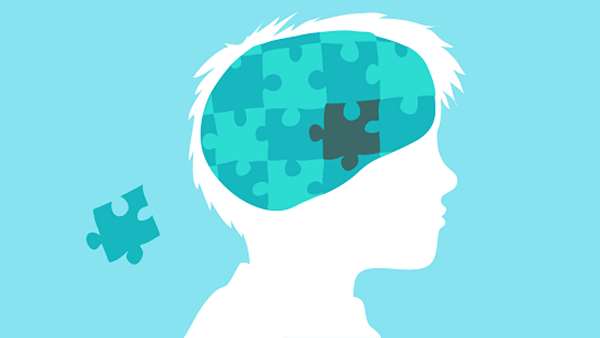Cell therapy for diverse central nervous system disorders: inherited metabolic diseases and autism
The concept of utilizing human cells for the treatment of medical conditions is not new. In its simplest form, blood product transfusion as treatment of severe hemorrhage has been practiced since the 1800s.
The concept of utilizing human cells for the treatment of medical conditions is not new. In its simplest form, blood product transfusion as treatment of severe hemorrhage has been practiced since the 1800s. The advent of hematopoietic stem cell transplantation (HSCT) began with the development of bone marrow transplantation for hematological malignancies in the mid-1900s and is now the standard of care for many hematological disorders. In the past few decades, HSCT has expanded to additional sources of donor cells, a wider range of indications, and the development of novel cell products. This trajectory has sparked a rapidly growing interest in the pursuit of innovative cell therapies to treat presently incurable diseases, including neurological conditions. HSCT is currently an established therapy for certain neurologically devastating inherited metabolic diseases, in which engrafting donor cells provide lifelong enzyme replacement that prevents neurological deterioration and significantly extends the lives of affected children. Knowledge gained from the treatment of these rare conditions has led to refinement of the indications and timing of HSCT, the study of additional cellular products and techniques to address its limitations, and the investigation of cellular therapies without transplantation to treat more common neurological conditions, such as autism spectrum disorder.
https://www.nature.com/articles/pr2017254





ارسال به دوستان